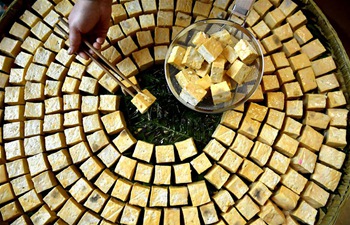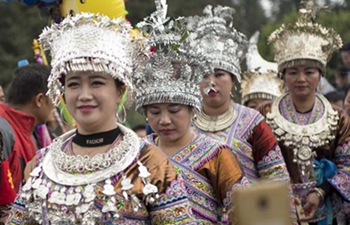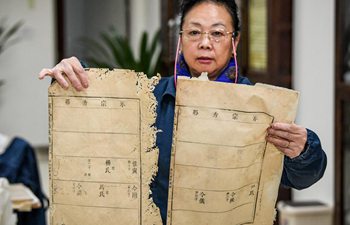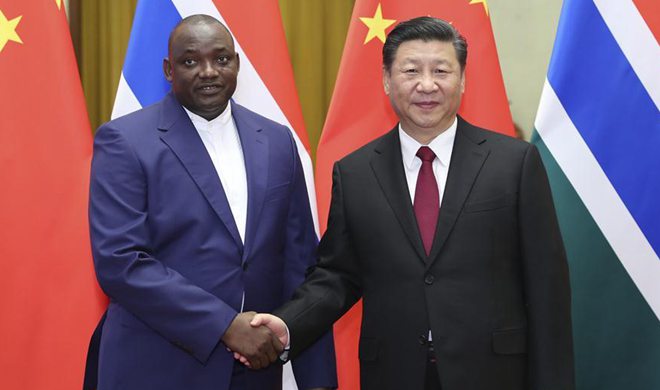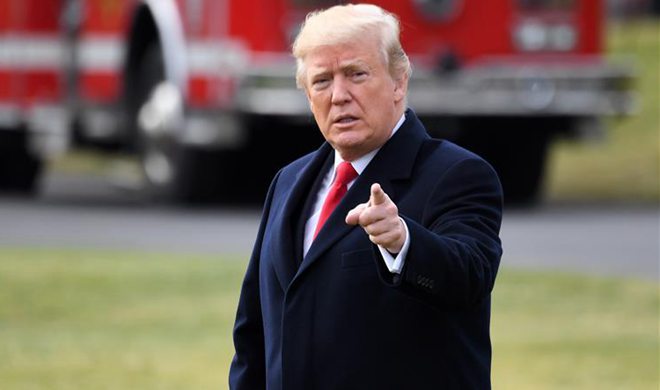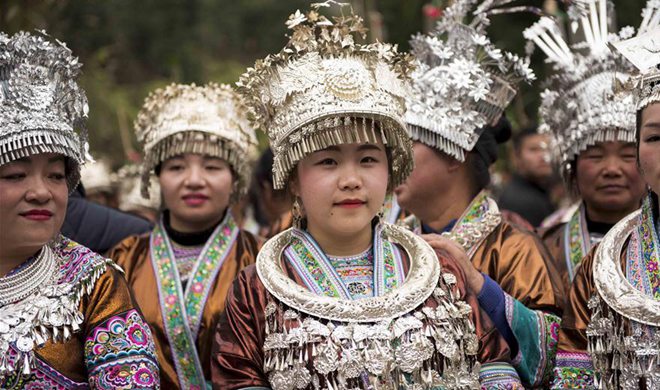BRUSSELS, Dec. 23 (Xinhua) -- The European Union (EU) again behaved in a discriminatory manner by publishing a single country report on so-called "market distortions" in China, a leading trade lawyer told Xinhua on Friday.
"It could be argued that the EU, by publishing a country report only on China, again behaves in a discriminatory manner by singling out China," said Edwin Vermulst at VVGB Advocaten, an independent international law firm based here.
Vermulst believed that the 465-page report relied on studies conducted several years ago or by stakeholders.
The EU's new anti-dumping legislation entered into force on Wednesday after being proposed one year ago by the European Commission, an executive body of the EU.
As the new rules require the proving of the existence of a "significant market distortion" for calculating dumping, the Commission on the same day published its first country report on the so-called "state-induced distortions" in China, which the EU industry may rely on as evidence to continue using the analogue methodology in anti-dumping probes.
The report describes certain aspects of the Chinese economy, focusing on the country's macro-economy, the main production factors used in all manufacturing processes, and certain sectors of the economy, including steel and ceramics.
"It proceeds from a black and white world view that does not exist in the real world where differences between, for example, the economic systems of many EU member states and those of China are much more nuanced than the report suggests," the lawyer said.
In November, in a crucial step to update EU protectionism arsenal, the European Parliament gave green lights to the amended new legislation for anti-dumping and anti-subsidized imports from countries outside the EU.
Prior to the European Parliament's vote to approve the new anti-dumping legislation, China's Ministry of Commerce (MOC) told the EU that its new anti-dumping rules granting separate treatment for imports under "significant market distortions" were not in compliance with its WTO obligations.




